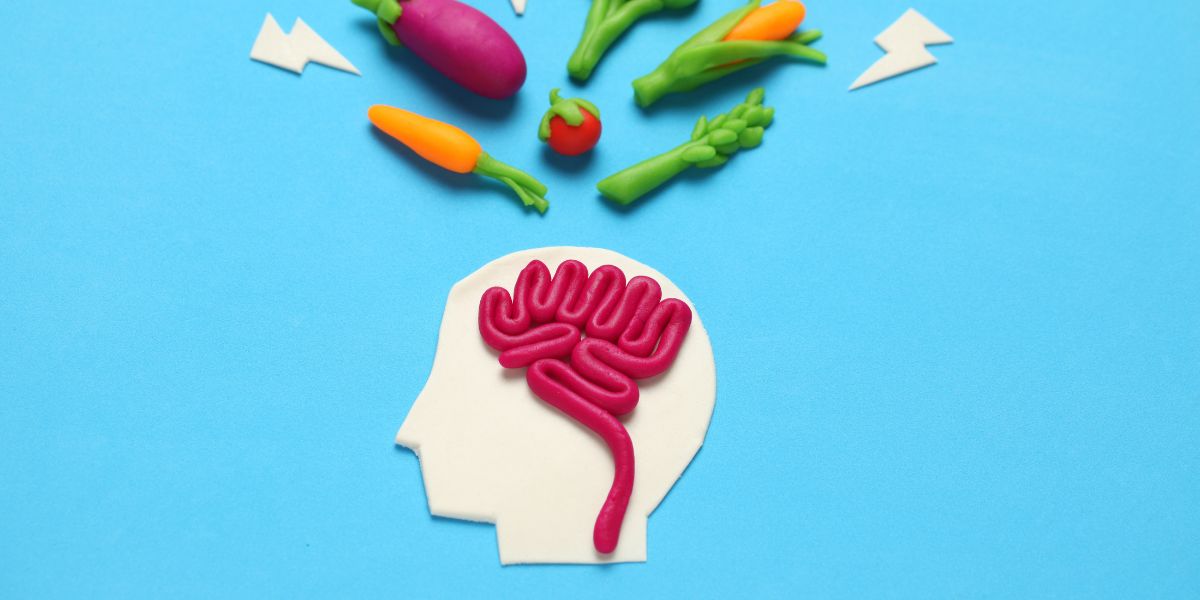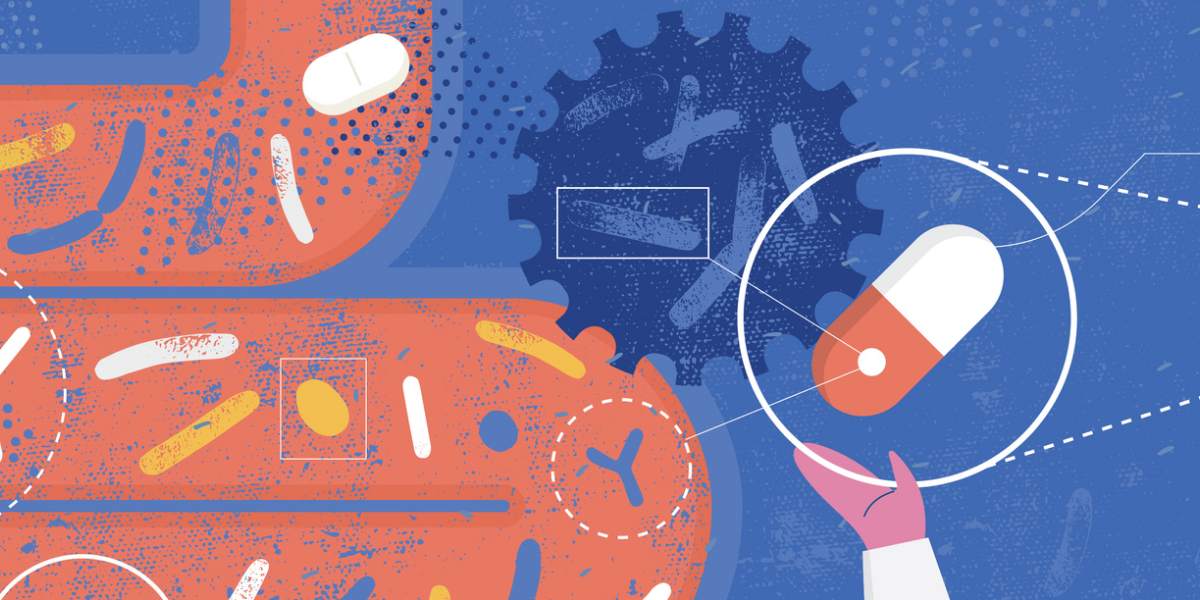The brain is a hugely important organ which helps to be aware of, understand and interact with our surroundings and others.
As with many of our organs, the brain is susceptible to damage as a result of diabetes.
What are the parts of the brain comprised of?
The brain is a very complex orga, housed in our skull, which is made up of a number of different areas:
- Frontal lobe: responsible for thought, learning and behaviour
- Parietal lobe: responsible for processing sensory experiences and understanding
- Temporal lobe: responsible for memory and certain emotions
- Occipital lobe: responsible for processing visual information
- Cerebellum: responsible for coordination of movement, balance and some reflex actions
- Brain stem: responsible for regulating breathing, heart rate, blood pressure and body temperature
The skull helps to protect us from external blows which could damage brain cells.
The blood-brain barrier is a membrane which protects the brain from any harmful pathogens that may be present in the blood.
The brain requires nutrients, however, such as oxygen and glucose, so the blood-brain plays an important role in enabling good nutrients in and keeping harmful cells away.
Role of the brain
The brain helps us to makes sense of what we see, hear, smell, taste and touch, and helps us to think, learn and understand.
What’s more, our brains allow us to develop and exert our personality.
Cognitive function
Cognitive function is the process of perceiving or comprehending ideas. Research studies indicate that type 1 diabetes and type 2 diabetes are associated with cognitive impairment.
This doesn’t mean that everyone with diabetes will have reduced cognitive ability but statistically, the risk of cognitive impairment is higher.
A meta-analysis of studies carried out in the Netherlands showed that type 1 diabetes is associated with slower mental speed and reduced mental flexibility but not learning or memory. No clear link was found between cognitive ability and control or duration of type 1 diabetes.
However, presence of neuropathy and retinopathy was associated with impaired cognitive ability. [54]
In type 2 diabetes , memory deficiencies are more common, along with reduced mental speed and executive function (the ability to organise and manage tasks).
Better diabetes control and fewer complications are linked with lower cognitive impairment. [55]
Hypoglycemia and cognitive dysfunction
The impact of hypoglycemia on cognitive dysfunction has been studied but the Dutch meta-analysis found no clear association between long term cognitive impairment and episodes of severe hypoglycemia [54]
In the short term, such as during or straight after a period of hypoglycemia, low blood glucose can have a pronounced effect on our ability to carry out tasks.
For this reason, people with low blood glucose levels should not carry out potentially dangerous activities such as driving or operating certain machinery.
Diabetes and Alzheimer’s Disease
Alzheimer’s is caused by damage to the nerves, brain cells and neurotransmitters in the outer layer of the brain, cerebral cortex.
The fact that outer layer of the brain is affected first draws some parallels to neuropathy which initially affects the extremities such as the hands and the feet.
Alzheimer’s has in fact been dubbed as ‘diabetes of the brain’ as a higher risk of Alzheimer’s has been found in people with insulin resistance.
Alzheimer’s can be treated with medications such as:
- Donepezil
- Galantamine
- Rivastigmine
These medications help to slow down deterioration of the brain.
The NHS encourages people with Alzheimer’s to exercise their brain and cognitive stimulation programmes involving problem solving may be prescribed.





